

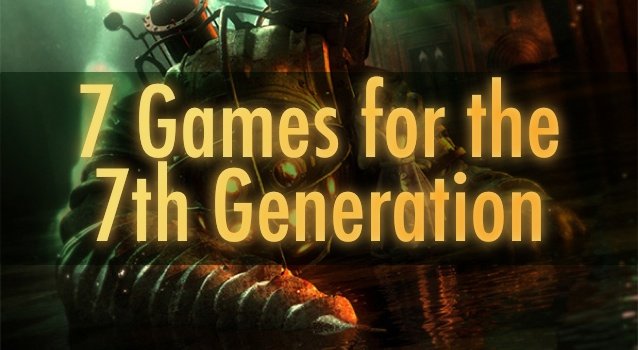
In 2005, Microsoft dropped the Xbox 360 onto the masses after a modestly successful debut in the console market with the Xbox. That big, black behemoth (with its equally-enormous controller) sold more than the Nintendo GameCube, but sorely lagged behind Sony's dominant PlayStation 2. The 360 marked the beginning of a new generation of games, entertainment, media services, and eventually, new philosophies. Philosophies of game design, game consumption, and what games could do started to change.
They changed because of the trail-blazing innovators that preceded them. The innovators that didn't just introduced new game mechanics, that contextualized old mechanics in new ways, and that explored new depths in narrative and player interactivity. These might not be the best games of the generation, or even the best examples of what they do, but they set the bar for future games and discussions about games. These are those games of the 7th generation.
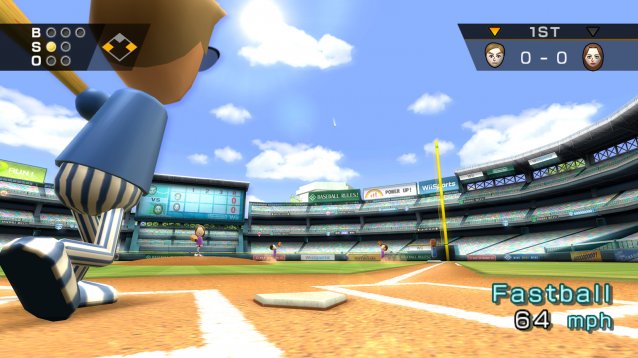
When it launched, the Nintendo Wii was running on five year-old hardware. Nintendo doubled down after the financial failure of the GameCube and attached a motion controller to the guts of that system, redesigned it, and marketed it to non-gamers. Wii Sports was the first salvo of that venture and it worked beautifully. A collection of minigames built around the new motion tech, Wii Sports helped the Wii sell millions so fast that the console has become the indisputable king of the 7th generation. Financially, that is.
Wii Sports marked the beginning of the "casual craze." By that, I mean companies started making games not specifically for you or me. And while that drew the ire of hardcore gamers who staunchly believed in the artistic and technical prowess of the medium, me included for a time, it meant that games could appeal to a much more diverse crowd than than companies thought it could.
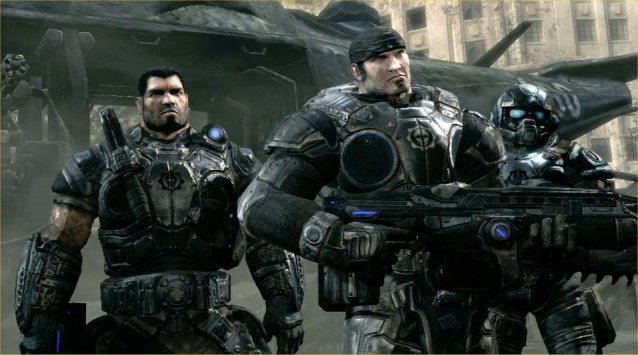
Far removed from Wii Sports is Gears of War, the 2006 third-person shooter that changed almost every third-person shooter since. Epic Games built the Xbox 360-exclusive on its Unreal Engine 3 which became the de-facto development engine for damn near every third-party developer for several years after Gears reached the stratosphere. The story followed Marcus Fenix and his friend, Dom Santiago, as they shot and chainsawed their way through a desolate, grimy, post-apocalyptic wasteland on the fictional planet Sera.
Gears of War influenced the visuals and mechanics of subsequent shooters' grey and brown color palettes became the norm as did a one-button cover system and cooperative campaign play. Unfortunately, what worked for Gears became tired and worn out by the time Gears 3 hit in 2011. The color palette that so effectively conveyed the desolation and hopelessness in Epic's magnum opus became formulaic thanks to other developers refusing to forge their own ground. Cover systems implemented by less technically-adept developers were frequently poorly-designed (i.e. Mass Effect). And the excellent co-op became so ubiquitous, gamers were elated for any game that offered isolation. But Gears of War still stands confidently as an early, and great, example of doing all of those things right.
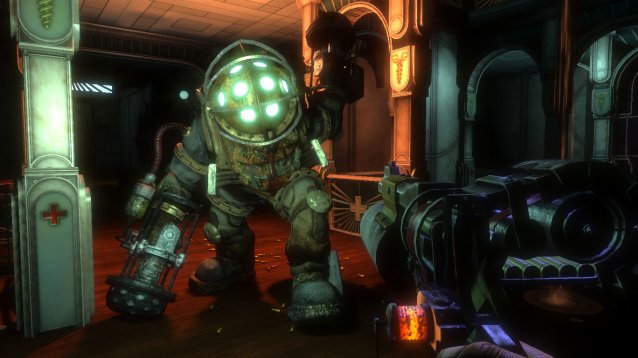
An underwater dystopia. Psychotic mutants. A dream undone. BioShock has been remembered for its narrative more than its gameplay, which itself was stellar enough. But no game had married imaginative shooter mechanics with such a darkly subversive narrative. BioShock ripped the door off the hinges to reveal that agency in gaming was largely a lie. As the game's narrative revealed its protagonist to be nothing but a slave, it unveiled a larger, meta-critique of game narratives; they were largely shallow, driven by commands more than the player. BioShock made us think differently
And in doing so, it elevated the conversation. Philosophical discussions about the artistry of gaming has become more prevalent since 2007 partly because of BioShock's critique of narrative conventions. Arguments sprung up about the famous twist, with one side arguing its merit and the other its contrivance. People started asking for more from not just shooters, but games in general. And the medium followed suit. Spec Ops: The Line, The Stanley Parable, and of course, BioShock Infinite definitely take cues from this 2007 classic.
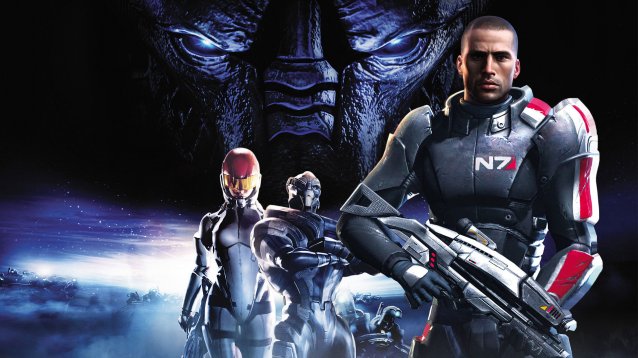
What do you get when you mash the space opera of Star Wars with the political machinations and social commentary of Star Trek? You get Mass Effect, a sprawling, complex, and beautifully-realized sci-fi world with a great story that emphasized the player's choice. From the beginning, you are allowed to create Shepard's backstory, ethnicity, gender, and facial structure. Throughout, you can choose how to act towards various people and situations, crafting your own narrative.
This emphasis of player choice has permeated the medium since 2007. RPGs are defined by their abilities to offer the player profound choice with lasting in-game consequences. The Walking Dead, from Telltale Games, won acclaim from critics and fans for its focus of choice-based storytelling. Moral systems became a common feature for the next few years, usually in the case of binary good/evil forms. All thanks to Mass Effect.
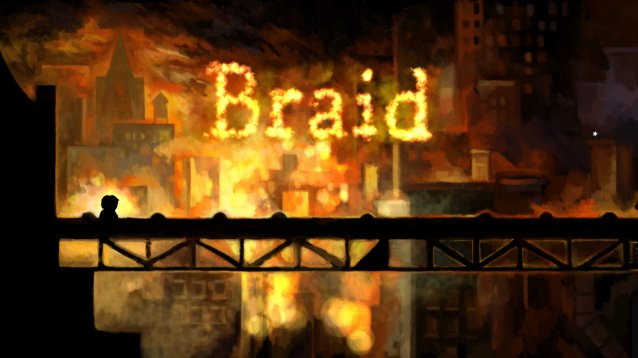
In 2008, Braid launched the Summer of Arcade for the Xbox 360 and began the independent movement for this console generation. From the vision of one man, Jonathan Blow, Braid told a subversively dark story about a man chasing a princess. On the surface it was a riff on Super Mario Bros., but numerous discussions have pegged it as a story about loss, about obsession, or maybe even as an allegory for the Manhattan Project.
After Braid, the console landscape no longer had to be solely the realm of the publisher-driven blockbuster. Blow's game forged a new path for indies, which in turn sprung up in overwhelming numbers. The indie movement of the past eight years has been something to behold, as has the prevalence of 2D indie games that transplant platforming into oppressively dark scenarios, i.e. Limbo. Braid also made a case for the auteur, a game designer whose singular vision becomes the critical foundation for a piece of work.
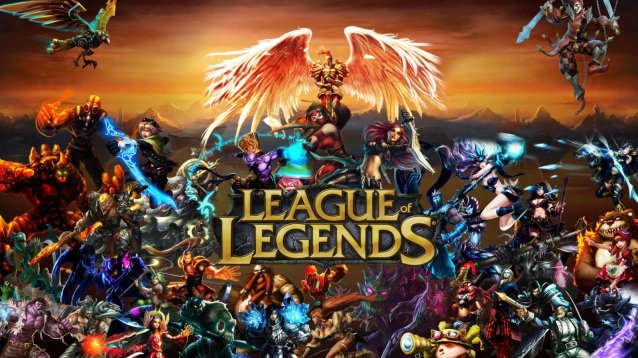
I've got friends back home who are addicted to this. The guy in the adjacent room in this San Francisco house we all share constantly moans when he plays, frequently yelling "the LAAAAGGGG" when he really just sucks. I haven' t touched League of Legends, but I can't deny its popularity and its sway over its loyal fans. Inspired by the Warcraft III mod, Defense of the Ancients, League (or LoL as some...people have called it) has made free-to-play a viable business model and made the MOBA an e-sports stalwart.
Countless free-to-play imitators have sprung up and Valve's direct competitor, DOTA 2, has skyrocketed in popularity since its inception, but League of Legends is the the model by which all other of its ilk will be judged for now due to its quality, non-invasive free-to-play model, and its ability to compel gamers to keep playing.
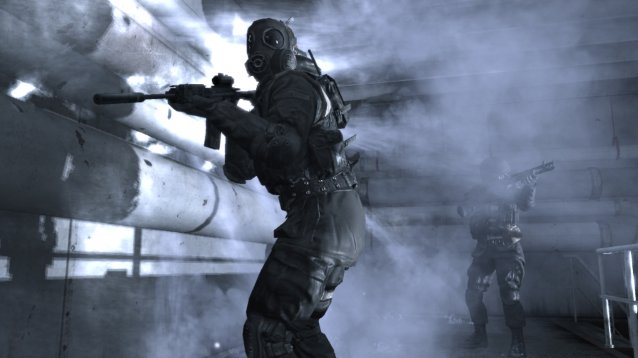
Speaking of compelling, there might be no better example of a game that convinced players to stay up for "just one more." Call of Duty 4 is a genuine landmark. It's place in gaming history is undeniable. For the first entry in the Call of Duty franchise to transplant the series into the modern day, developer Infinity Ward brought innovations that have drastically changed how multiplayer and single-player are made. The first of the Modern Warfare sub-series integrated RPG-like progression into a multiplayer component, which became a major draw for the first time in the series. This progression kept players coming back for more, more, and more. CoD 4 overtook Halo 3 on Xbox Live within two months of its release.
And aside from that groundbreaking multiplayer, the story mode packed a similarly enormous punch. Creative and thrilling set-pieces peppered throughout the game came before and after genuinely tense, slow-burn build up. There are still several missions from that game that remain among the top missions in any first-person shooter this generation: "All Ghillied Up" switches things up for a nerve-wrecking stealth mission, "Death From Above" is a detached experience of the mass destruction you can cause with modern tech, and "Aftermath" places you in the body of an American soldier dying from a nuclear bomb's radiation. Underlying the gleeful shooting gallery was a message that war is nothing to be jingoistic about in the days of such easy mass murder.
Sadly, that message has not been a primary influence; RPG-like progression and bombastic action moments have. And for a while, that was great. But they've both become oversaturated at this point. What was fresh for Call of Duty 4 has become cliche for Call of Duty: Ghosts.
And that's the problem with taking influences; you're not the only one taking the influence. That's why we're always looking for new ones and why the new generation of gaming will surely birth new innovations that will thrill us and enrich the medium. At least until they become a tired formula. But at that point, we'll just see new innovations and new ideas permeate the market. And the medium will grow yet again.


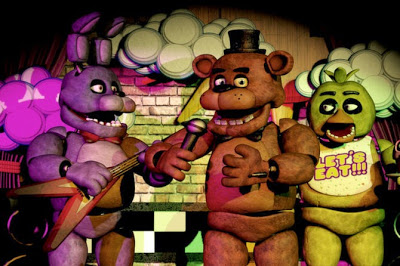
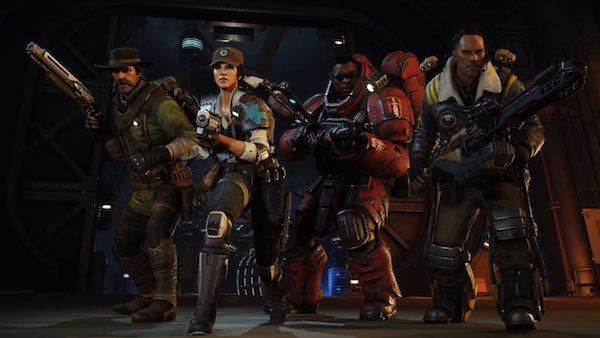
 Don Omar announces the release of a new album
Don Omar announces the release of a new album Bungie Aerospace - What it all means
Bungie Aerospace - What it all means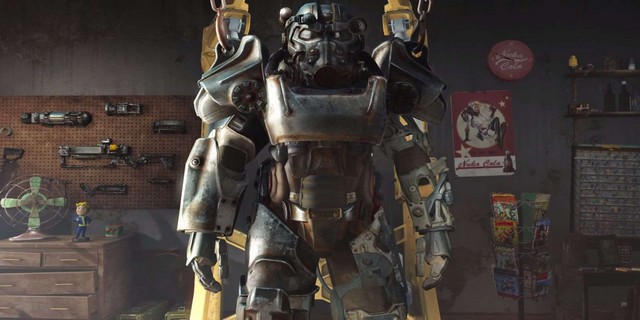 Fallout 4: Entrance Code For Road To Freedom Quest Revealed (Update)
Fallout 4: Entrance Code For Road To Freedom Quest Revealed (Update)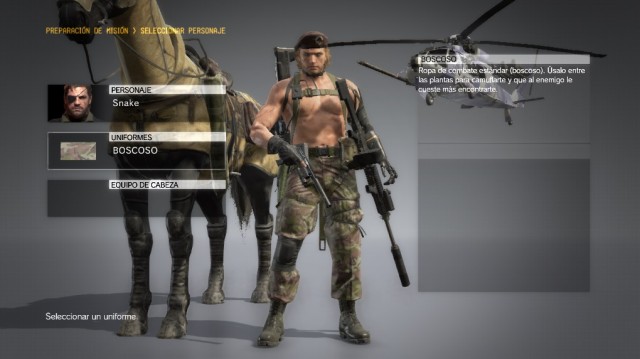 MGS V: The Phantom Pain - Miller Head Replacer MOD
MGS V: The Phantom Pain - Miller Head Replacer MOD Jack White calls Robert Plant to sing Led Zeppelin classic in Lolla Argentina
Jack White calls Robert Plant to sing Led Zeppelin classic in Lolla Argentina